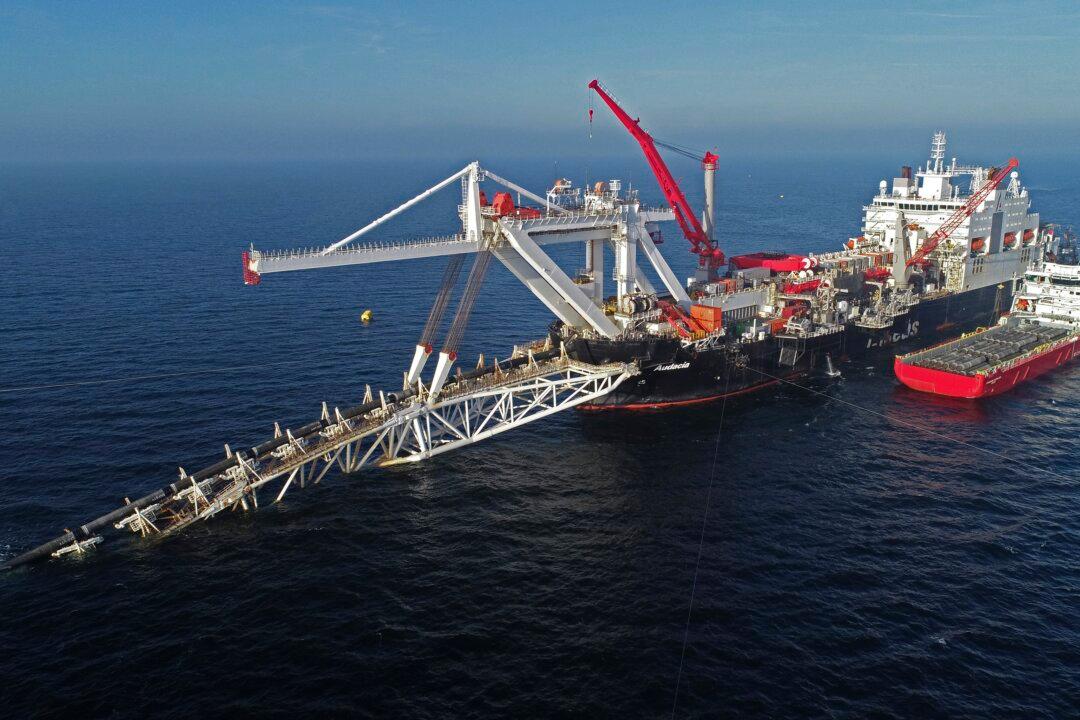A silver lining to the Ukraine-Russian conflict is that it highlighted the shortcomings of Europe’s dependence on Russia for oil and gas and the need to move towards more sustainable energies, according to a European economist.
“The European economy is trying hard now to move away from their previous dependence on Russian oil so this is a fundamental picture, which is here to stay, and that will take probably years really to be put in place,” said Marcelo Carvalho, global head of economics with BNP Paribas bank.





